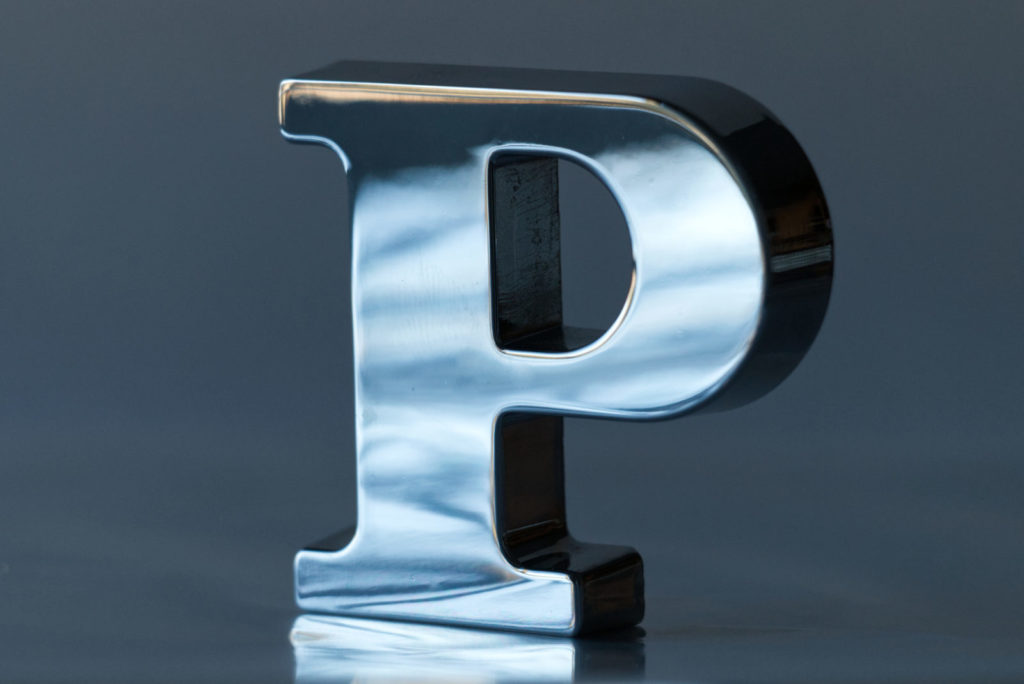The English language is infamous for homophones — two or more words having the same pronunciation but different meanings, origins, or spelling. You may know there, their, and they’re, but homophones can be a little trickier in other cases. Here’s a look into another triple homophone and how you can dicipher them.
Peak
Peak is a flexible word since it can apply both physically and symbolically to things such as steeples and human ability. It can also be a noun, verb, or even an adjective depending on the context it’s used in. As a noun, a peak is the highest point — for example a mountain. It can also mean a person has reached his or her highest potential in terms of skill or achievements. It’s usually a positive thing, but sometimes is used to show that someone already reached their greatest potential and will only go downwards from there.
To say that someone has peaked turns the noun into a verb. The intention stays the same, but instead of reaching the peak (noun), peaking (verb) is a process in itself. It’s the climb toward the highest, best, or most popular position.
Peek
Let’s take a sneak peek into the proper usage of this “P” word. To peek is to take a quick glance at something or someone. Don’t let the “ea” in sneak trip you up. Keep the double “E” for your furtive glances.
Peek is almost always a verb. It’s something you do, but you would still be correct if you used it as a noun like in the example, “Take a peek.”
Pique
Now we are onto the more difficult one in the group. People tend to be more familiar with its meaning rather than its spelling. Lots of people tend to write peek or peak in place of pique, so lets get to it. Pique has French origins and it means to prick. If you say something piques your interest, it’s poking and stimulating your mind until you pay attention to it. To pique is to invoke a reaction — whether it’s curiosity, irritation, or excitement. That’s the other thing about pique. It’s the only one of these three homophones that functions solely as a verb.
Using the correct “P” word
Since peak is the highest point, think of a capital letter A. It looks like the summit of a mountain, so you’ll know peak belongs here. You use your eyes to peek, so there are a few ways you can remember this one. Eye and peek both have two E’s and the two E’s together look like eyes.
Pique is trickier, but you can think of how poking someone is irritating. The “I” in pique can remind you of “irritate”.


